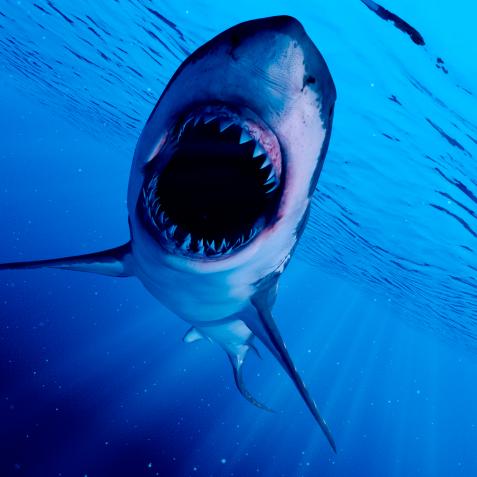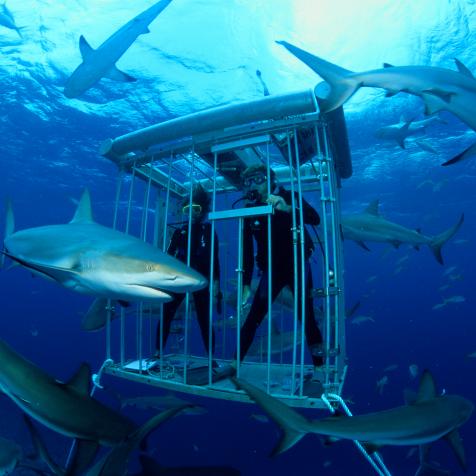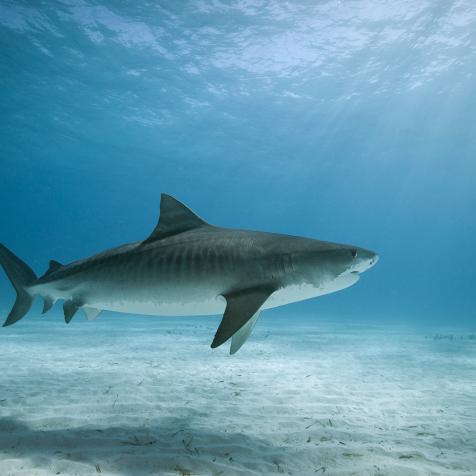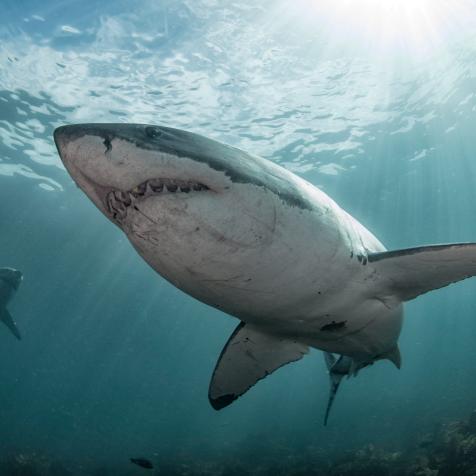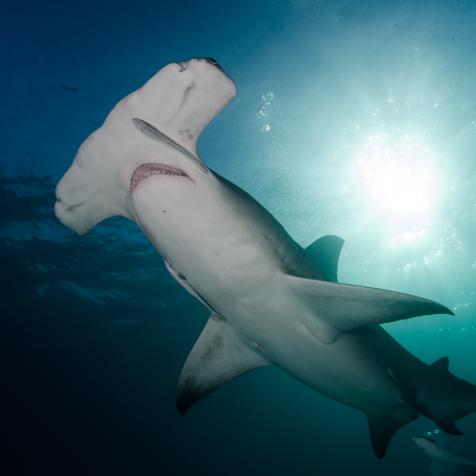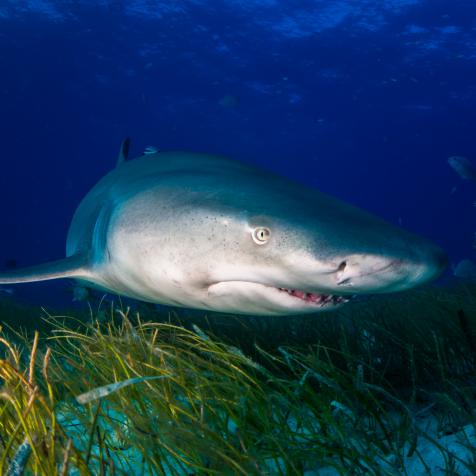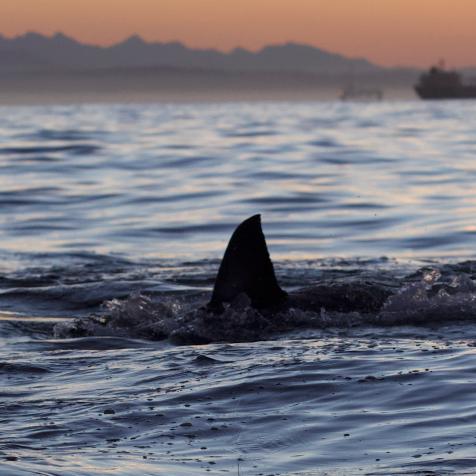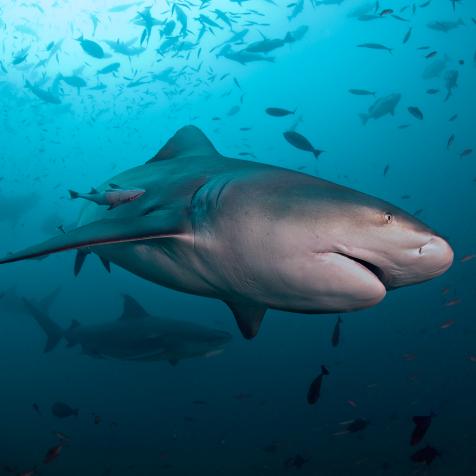
Georgette Douwma
Save the Sea Animals
Just because the ocean is massive, doesn’t mean that the sea life that call it home are immune to the day-to-day actions of humanity. Oceana’s mission is to protect the oceans through action and education.
During Shark Week, we spend time observing and appreciating the mystery and beauty of a species that rules the seas--sharks. Oceans cover over 70% of our world, and it is important to remember how our everyday actions impact the ocean on a global level. Oceana is an organization dedicated to protecting and restoring the world’s oceans on a global scale. Here are some facts from Oceana to inspire the world to protect the sea life.

Má Li Huang Mù / EyeEm
1. We Are Taking Too Many Fish Out of The Water
Bycatch is the capture of fish that are not the target of commercial fisheries. It is one of the biggest threats to our ocean wildlife because they usually returned to the ocean dead or dying.
2. We Are Polluting Our Oceans
In addition to everyday litter, things like antibiotics and oil contaminate our seas.

BigBlueFun / 500px
3. We Are Squandering Potential Sources of Food
Fishing could feed millions of hungry people by properly managing the overfishing now. 700 million people by 2050, to be exact.
4. We Are Trashing Marine Wildlife and Special Places
Commercial fishing practices, like global net waste is damaging the seafloor and threating marine life.
Learn more about single-use plastic.

Colors and shapes of underwater world
It is never too early to educate the kids of the world about ways to save our oceans. Every day at 8A ET during SHARK WEEK, tune into Discovery with your baby sharks to sing along to the song we know so well! And on Saturday, August 15th, don’t miss the world premiere of PinkFong’s new song, Save the Sea Animals.









